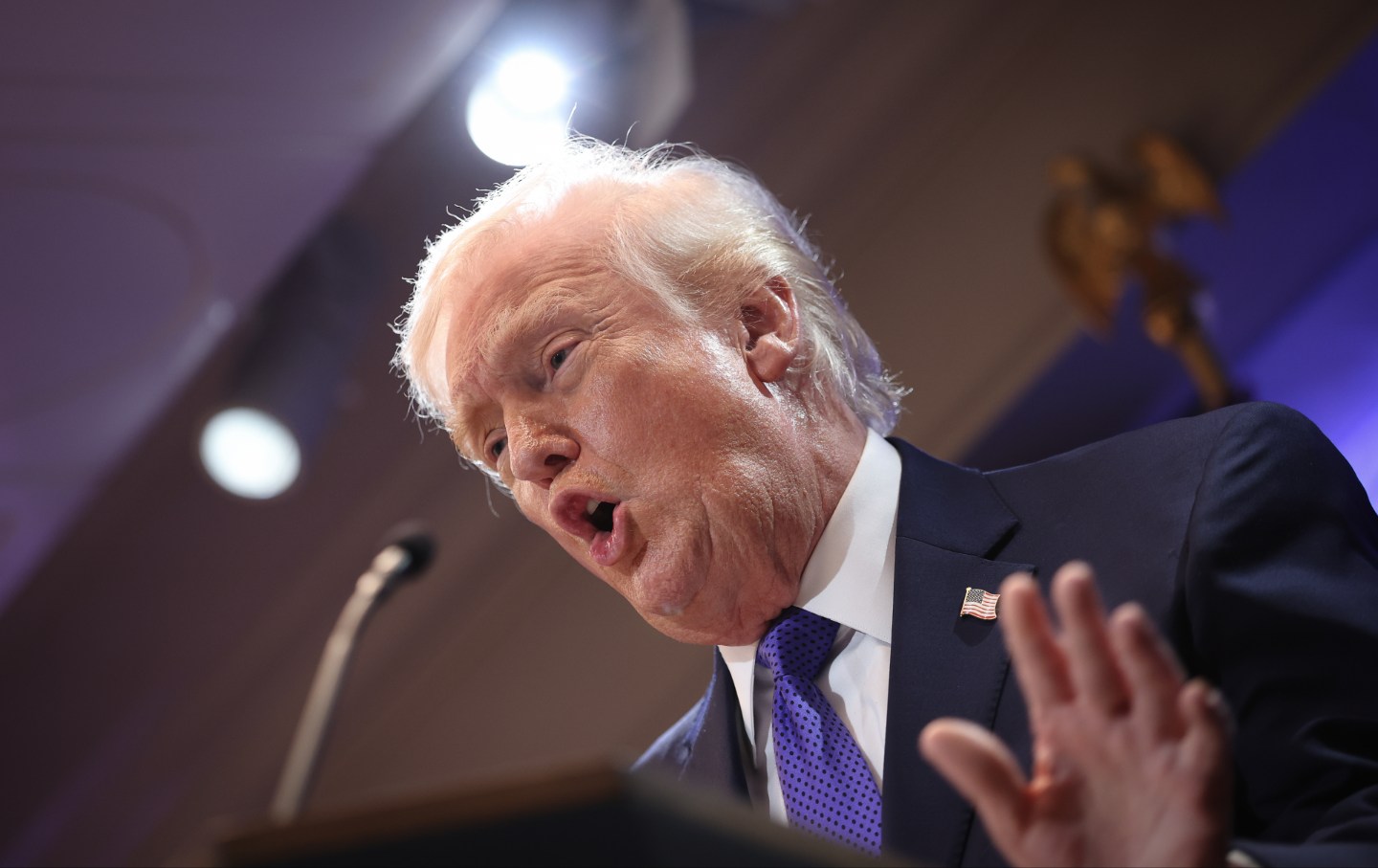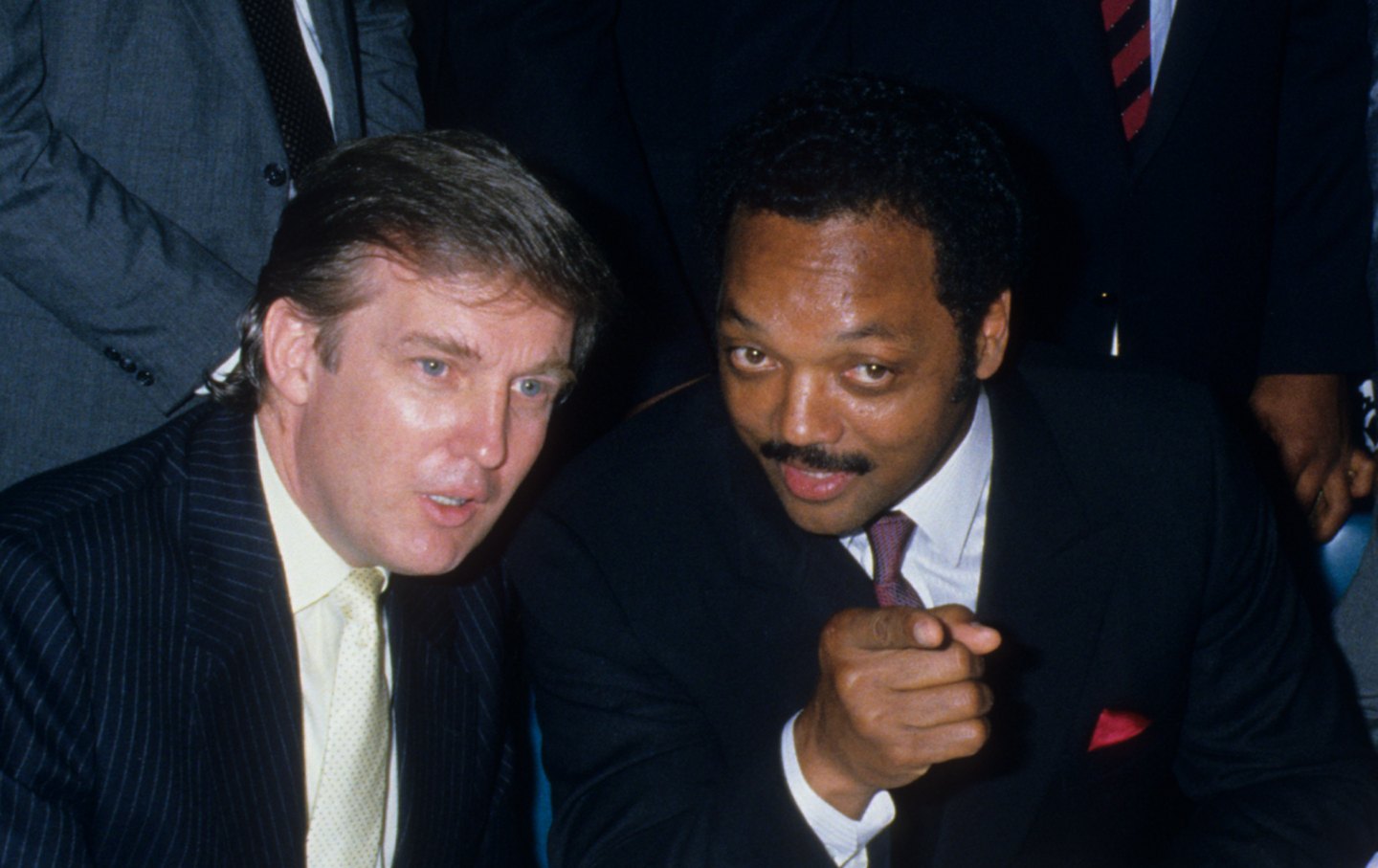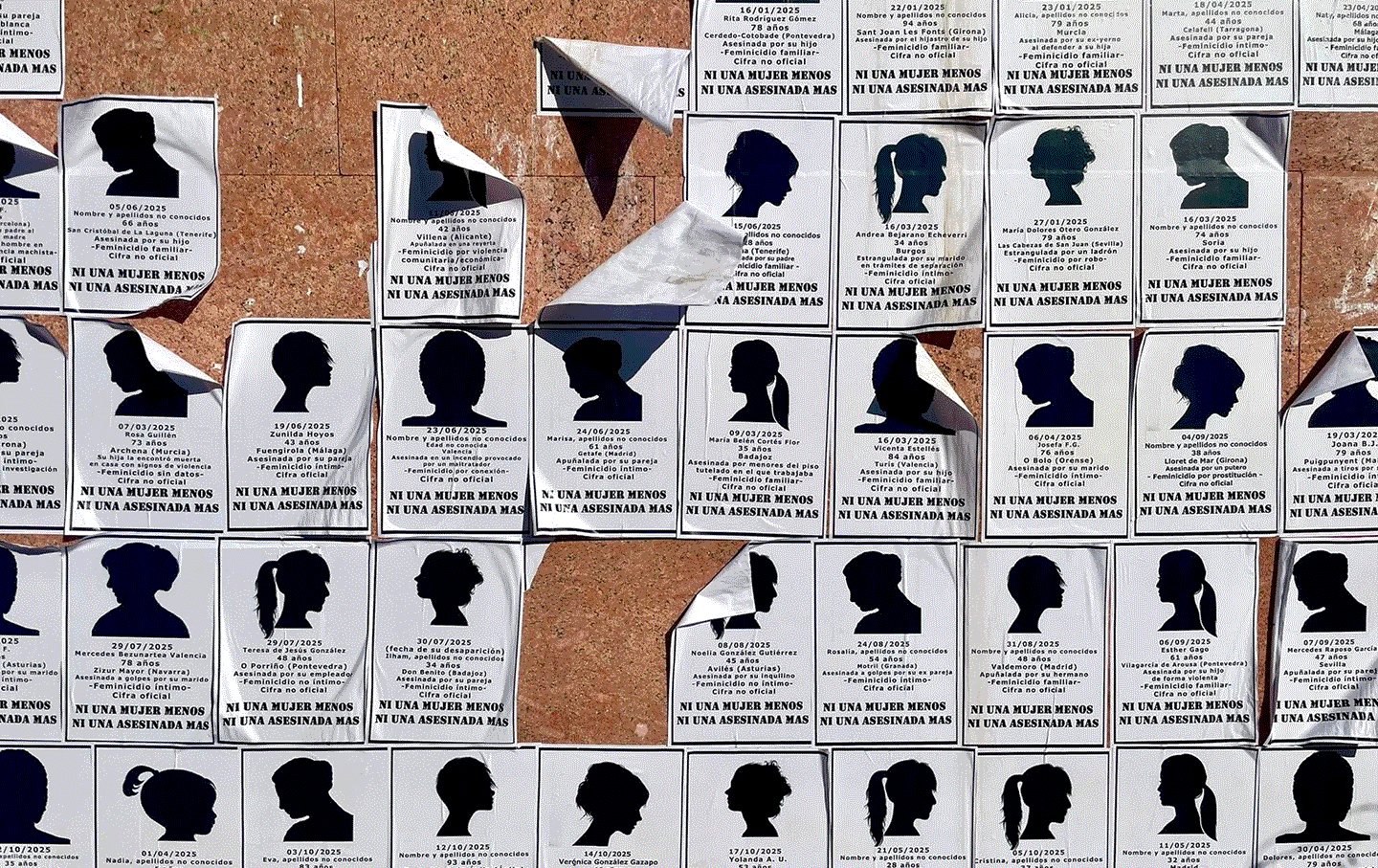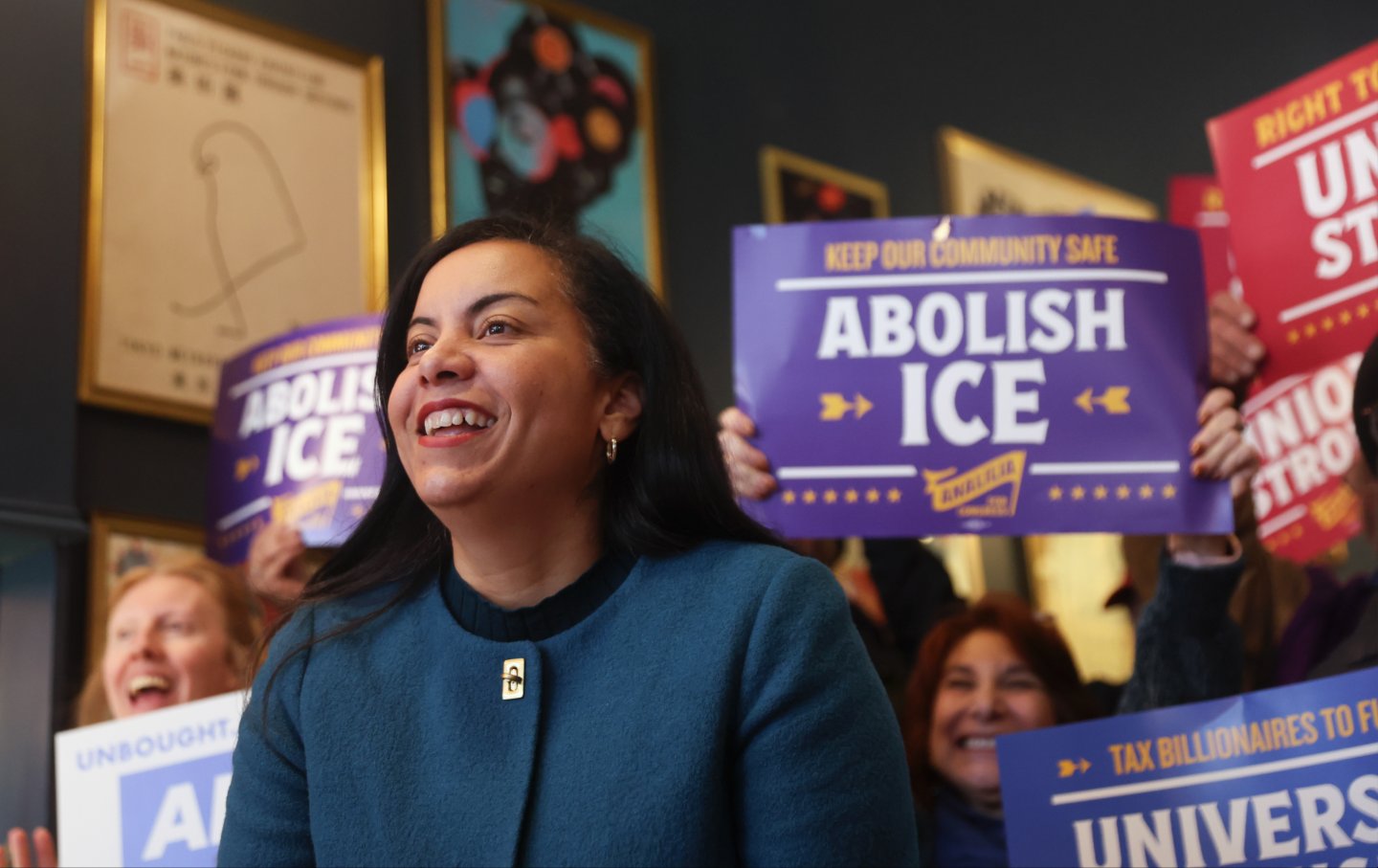A Progressive Icon Returns to Western Politics
Former Salt Lake City mayor Rocky Anderson is running for his former office on a mission to confront the city’s housing crisis.
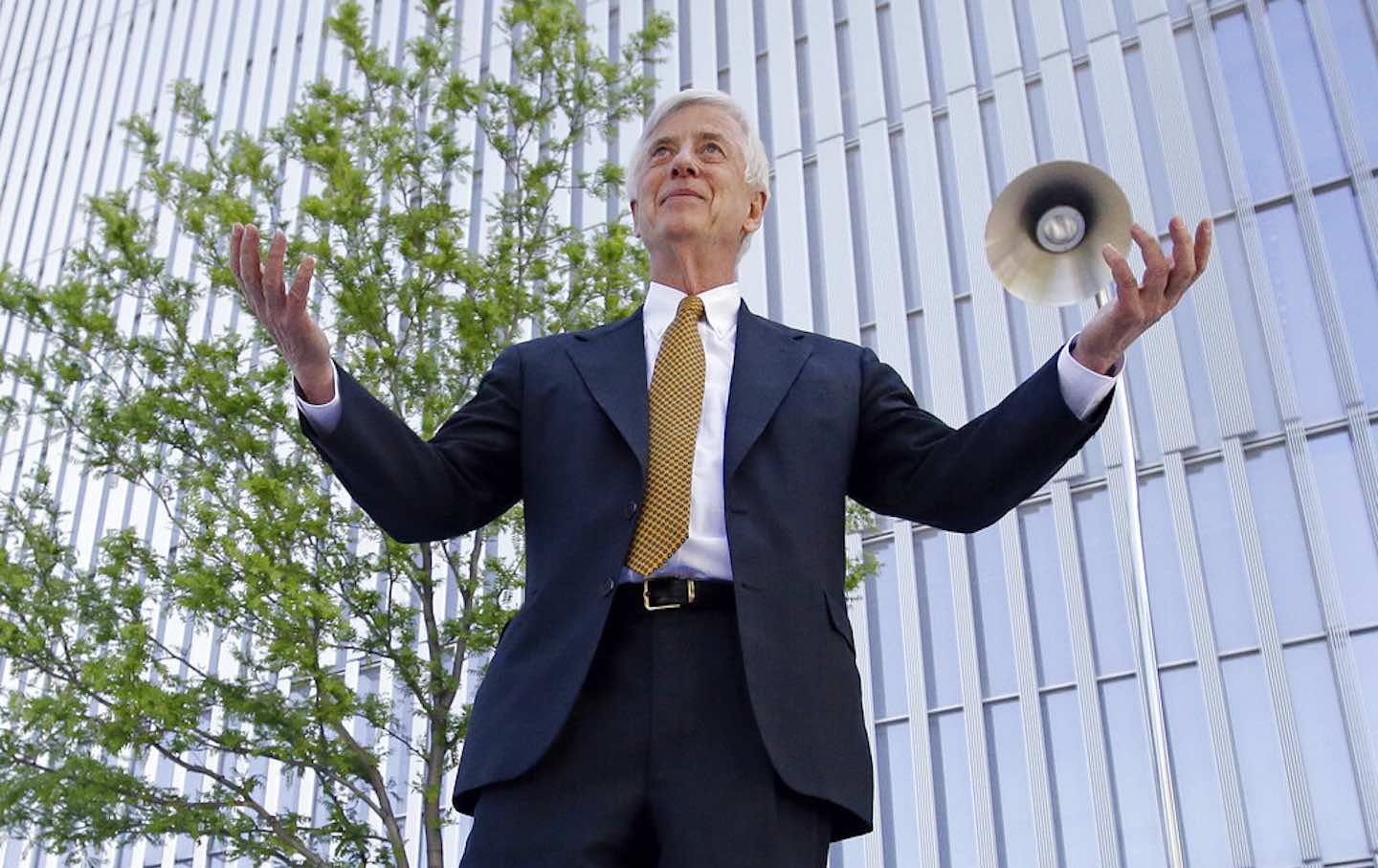
Seventeen years ago, I traveled to Salt Lake City, Utah, to write a profile of Rocky Anderson, one of America’s most radical mayors. At the time, Anderson had made a name for himself by opposing the Iraq war and pushing a range of progressive policy priorities—on housing, criminal justice reform, drug policy, and many other issues.
Nearly a generation later, Anderson is, once again, running for mayor. This time around, his signature issue is housing the homeless and finding viable policy solutions to tackle the growth of encampments in Salt Lake City. His campaign might be something of a long shot—Mayor Erin Mendenhall has a far larger campaign operation and is raking in more than twice as much cash in donations. But the onetime mayor still holds a residue of goodwill from the early 2000s, when he had approval ratings of nearly 60 percent.
Anderson, now nearly 72 years old, has also built up tremendous political capital among progressives during the 15 years that he has been out of office. He ran for president on the Justice Party ticket in 2012, in a symbolic act of protest against what he saw as President Obama’s mishandling of the post-2008 financial crisis, and against foreign policy-as-normal priorities. He founded the High Road for Human Rights, an organization intended to push the US to prioritize human rights in its foreign policy dealings and in its domestic policies around issues such as the War on Terror. Closer to home, he set up shop as a civil rights attorney, working on a number of high profile cases around police violence, draconian drug sentences, and so on, for which he was awarded the Leonard Weinglass Civil Rights Award. He has also won a drug policy award from the reform-minded Drug Policy Alliance. Throughout, he has been an outspoken advocate for the rights of homeless people: At times, he has even gone to sites where police were raiding homeless encampments in order to videotape the arrests.
For all of these reasons, Anderson can articulate tough truths, without being lambasted by progressives for doing so, in a way that few other politicians can. Think of it as his own version of the Nixon-goes-to-China strategy.
In 2023, that means that Anderson is running for office against Mayor Mendenhall—a fellow Democrat, but one whom Anderson has come to view with deep distrust—in large part to challenge what he sees as her dismal record on homelessness. He decries what he says is her cruelty in how she deals with the thousands of homeless residents in Salt Lake City; the last point-in-time count estimated nearly 3,700 people were homeless, with nearly 1,000 of them living on the streets, a 96 percent increase from 2019–22. Many thousands more experience at least some days and nights of homelessness in any given year. Amid this crisis, he is deeply angered by the orders given to police to clear the streets of homeless residents and the examples that have accumulated in recent months of law enforcement deliberately discarding the property of the homeless. Anderson, who has made a point to get to know many of these men and women, speaks of some whose blankets and warm clothing were thrown away in the dead of winter, and of the huge numbers among them who have lost limbs, fingers, or toes, to frostbite. “I don’t think that Salt Lake City has ever been at such a moral low point when it comes to the treatment of those most in need in this country,” he says. “Salt Lake City is on track to becoming very much like what we’re seeing in Los Angeles and San Francisco.”
In the area surrounding his downtown office, Anderson says, he has been seeing “more and more people living in the streets. I found there had been no outreach workers trying to help them transition from their situation on the streets into anything better.” On those streets, he said, he would see human feces and urine, due to a dearth of public toilets. Increasingly, he would hear stories of violence and of crime. Yet, when he started writing to the mayor and to the council explaining what he saw as the needs of the homeless population, he received no response. “I was appalled by the lack of caring or concern about what was happening to our city. It was becoming more and more degraded as the condition of the homeless population was becoming absolutely untenable.” In light of the scale of the crisis, Anderson lambasts the mayor for her inability to create a working infrastructure of supportive housing, mental health services, drug treatment programs and street interventions to tackle the underlying problems that have led to the proliferation of encampments and the political backlash by residents and businesses.
The issue is one has permeated the American West, and is creating political fissures in one city after the next. In the city in which I live, Sacramento, the district attorney is on the verge of suing the city because of what he sees as the mayor and council’s failure to treat encampments as a public nuisance and to protect homeowners who have large numbers of people camped out on the sidewalks in front of their houses.
Anderson is running for his old job on an avowedly carrot-and-stick approach to homelessness. The ex-mayor, who has spent a lifetime working on social justice issues and furnishing progressive explanations to accompany his policies, can call for more services for the homeless while simultaneously demanding an increased role for law enforcement in carrying out drug policy, in order to mandate that homeless residents with substance abuse problems enter treatment programs. In the era of fentanyl, he sees no other way to reclaim city centers from the chaos of the encampments.
Yet, he says angrily, too often the police simply don’t respond anymore to low level crimes committed by the homeless. “There is a sense of impunity through the city now,” Anderson, long one of the most progressive voices in American urban politics, says. “Where people feel they can do anything they want without accountability, with no consequences.” Again, this isn’t a conservative speaking; this is one of the most storied progressive mayors in recent American history.
In his first two terms in office, Anderson implemented a remarkably progressive agenda in one of the most conservative states in the country. He didn’t just talk the talk but in the most tangible ways walked the walk—improving public transit, pushing for more ambitious environmental policies, reimagining the core of the city. Now, he is campaigning largely around the promise to eliminate all homeless encampments in Salt Lake City, replacing them with temporary secure sanctioned camps far from central city neighborhoods, camps that would provide toilets, showers, storage lockers, transportation, food, professional outreach, and case management to all residents as they attempt to get their lives on track.
“I know what a mayor can do when working hard and committed to an issue,” Anderson says. “It’s up to a mayor to convene all relevant parties, marshal whatever resources can be devoted to the issue and implement a plan known by the whole community. There’s not been a coherent plan by the mayor in four years, as to what’s to be done.”

